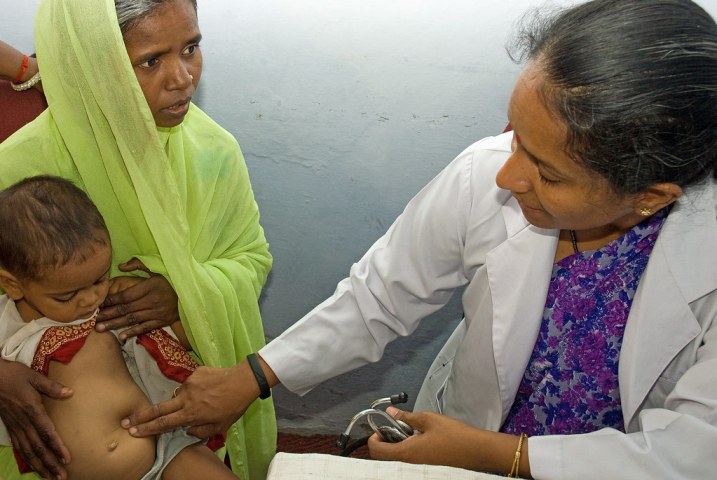Nutrition surveillance system established in six states: NIN

- Country:
- India
A nutrition surveillance system has been established in six states for real-time monitoring and early identification of people vulnerable to malnutrition, the National Institute of Nutrition (NIN) has said. The system has been developed by the institute on the directions of the government and established in Maharashtra, Meghalaya, Odisha, Kerala, Madhya Pradesh, and Telangana.
The NIN is collaborating with the government on several projects under the Poshan Abhiyan or National Nutrition Mission, which was launched by the Centre in 2018 to reduce low-birth weight, stunting, and undernutrition, and anemia among children, adolescent girls, and women. The nutrition surveillance system carries out real-time monitoring based on the assessment of nutritional problems and analysis of causes or consequences, and it takes action to mitigate the problems, senior NIN researcher Sreerama Krishna said.
Krishna said the system identifies individuals nutritionally at risk and tracks them. The system also identifies the causes of undernutrition among high-risk individuals and also promotes convergence among primary stakeholders of nutrition for early initiation of action. Under the nutrition surveillance system, nine questionnaires have been developed, pre-tested and finalized after conducting mock surveys in the six states, he said. The finalised paper based on the questionnaires were converted into digital questionnaires using special software developed by the NIN-TATA Centre in Hyderabad.
"These questionnaires were uploaded on tabs, which were distributed to Anganwadi workers. The Anganwadi workers have been trained to use the tabs and they submit reports online to central servers," Krishna said. "The convergence between the nodal departments of women and child development or social welfare and with the primary stakeholder departments like health, agriculture, education, rural works, and sanitation was achieved to some extent in the selected blocks," Krishna added.
(This story has not been edited by Devdiscourse staff and is auto-generated from a syndicated feed.)
ALSO READ
Over 1.50 lakh new voters added in eight LS seats of Maharashtra
Good atmosphere in country, we are going to cross 400 seats in Lok Sabha polls: Amit Shah at Nanded rally in Maharashtra.
Make Modi PM again, his guarantee is to make India third largest economy in his third term: Amit Shah at rally in Maharashtra.
Congress stalled building of Ram temple at Ayodhya for 70 years: Union minister Amit Shah at rally in Maharashtra.
Ensuing Lok Sabha elections are about making Narendra Modi PM for third time: Amit Shah at rally in Maharashtra's Nanded.










